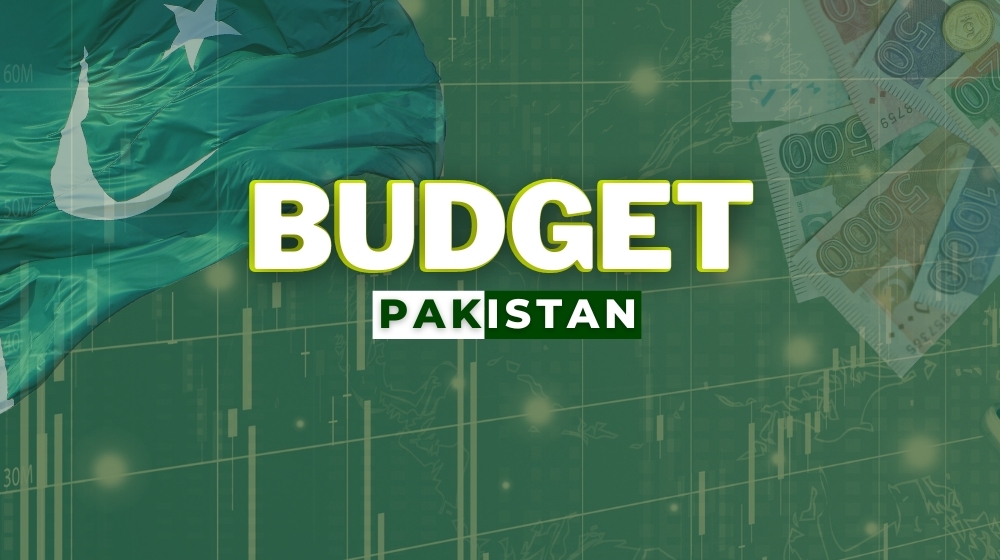The government has announced Rs1.761 trillion in new revenue measures for the upcoming fiscal year. This substantial package, aimed at bolstering national revenue, is likely to spur another wave of inflation, according to financial analysts.
Key changes in taxation
The crux of the new budget involves withdrawing numerous sales tax and customs duty exemptions. These changes, while not explicitly detailed in the finance minister’s address, are outlined in the Financial Bill 2024. The Federal Board of Revenue (FBR) Chairman, Zubair Tiwana, was notably reticent during a technical briefing, providing limited details on the specific exemptions being revoked, ostensibly to maintain the budget’s perceived positivity.
Despite this, it has been revealed that the removal of these exemptions is expected to generate approximately Rs500 billion in additional revenue. Analysts, however, suggest that the actual revenue impact may be significantly higher.
Sector-specific tax adjustments
Health and poultry
The health and poultry sectors are among the most affected, with Rs30 billion and Rs47 billion in sales tax exemptions withdrawn, respectively. These changes are anticipated to increase costs for consumers, potentially leading to heightened inflation.
Salaried individuals
Substantial revisions in income tax rates and slabs have been proposed, particularly affecting salaried individuals. The exemption limit remains at Rs50,000 per month, but income above this threshold will now be taxed at higher rates. For example:
- Income between Rs50,000 to Rs100,000 per month will be taxed at 5 per cent, up from 2.5pc.
- Income between Rs100,000 to Rs200,000 per month will face a tax rate of 15pc, up from 12.2pc, plus an annual fixed sum.
- For incomes between Rs200,000 to Rs366,000 per month, the tax rate increases to 25pc, with an additional fixed sum adjustment.
The highest income bracket, previously taxed at 35pc only for monthly salaries exceeding Rs1 million, will now apply to salaries over Rs342,000, with a reduced fixed annual amount.
Broader economic impact
These adjustments are not limited to individuals. Exporters, retailers, and wholesalers will also experience changes, with an expected increase in income tax contributions ranging from Rs300 billion to Rs350 billion. The advance sales tax on retailers and wholesalers is projected to generate an additional Rs200 billion. Changes in capital gains tax are expected to contribute another Rs50 billion.
Sales tax and excise duties
The government has imposed new sales taxes across various sectors, including a 10pc tax on stationery and certain food items, and increased taxes on mobile phones and other electronics. Excise duties on goods like cement and sugar have been raised, which will also contribute to the overall revenue.
Customs duty adjustments
New customs duties have been introduced on a broad range of products, from used and new vehicles to raw materials, with an aim to protect local industries. The government has also incentivised the manufacturing of solar panels and related equipment to promote renewable energy solutions.
Implications for the economy
While these measures aim to enhance revenue and potentially stabilise the economy, they come with the risk of exacerbating inflation. The withdrawal of exemptions and increased tax rates across multiple sectors are likely to drive up prices, impacting the cost of living for ordinary citizens. The true test will be balancing the need for increased revenue with the economic well-being of the population.
